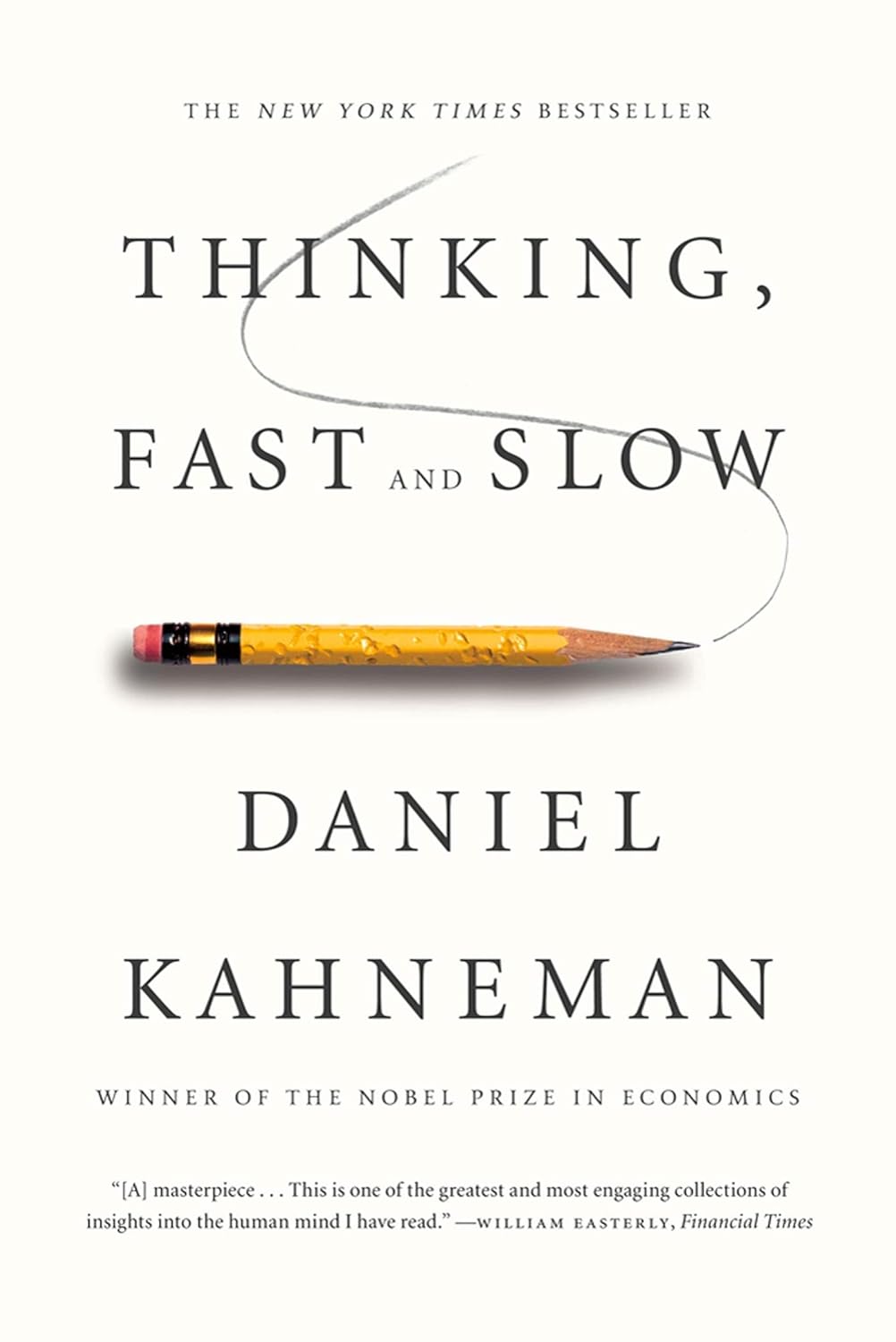How to Choose the Right Tutor for Your Child
Choosing the right tutor for your child is a critical decision that can have a significant impact on their academic success. With the vast number of tutors available, it can be overwhelming to know where to begin.

Choosing the right tutor for your child is a critical decision that can have a significant impact on their academic success. With the vast number of tutors available, it can be overwhelming to know where to begin. Whether your child needs help with a specific subject, improving study habits, or preparing for an exam, selecting the right tutor can make all the difference. In this article, we’ll guide you through the key factors to consider when choosing the right tutor for your child.
1. Identify Your Child’s Needs
Before you begin your search for a tutor, it’s important to clearly identify your child’s specific needs. Are they struggling with a particular subject, or do they need help with their study skills overall? Are they preparing for a standardized test, or do they require ongoing academic support?
Understanding your child’s needs will help you narrow down your search and find a tutor with the right expertise. For example, if your child needs help with math, you may want to find a tutor who specializes in mathematics. If your child is preparing for a specific exam, you may want to choose a tutor with experience in test preparation.
2. Check Qualifications and Experience
The next step in choosing the right tutor is to evaluate their qualifications and experience. A good tutor should have a solid understanding of the subject they are teaching, as well as experience working with students at your child’s grade level. Some tutors may have formal teaching credentials or subject-specific certifications, while others may have experience working as tutors or subject matter experts.
While qualifications are important, experience is equally crucial. A tutor who has worked with students who are similar to your child in terms of age, learning style, and academic needs will be better equipped to offer effective support. You may also want to consider a tutor’s track record of helping students achieve their academic goals, including any testimonials or success stories from previous clients.
3. Consider Teaching Style and Personality
A tutor’s teaching style and personality are essential factors to consider. Every child learns differently, and it’s important to find a tutor whose teaching style aligns with your child’s learning preferences. For example, some children may respond better to hands-on, interactive teaching methods, while others may prefer a more structured, traditional approach.
In addition to teaching style, it’s important to find a tutor whose personality complements your child’s. A tutor who is patient, encouraging, and able to build rapport with your child can create a positive learning environment. If your child feels comfortable with their tutor, they will be more likely to engage with the material and make progress.
4. Set Clear Expectations and Goals
Once you’ve identified a potential tutor, it’s essential to set clear expectations and goals for the tutoring sessions. What are your child’s academic goals? Do you want the tutor to focus on improving grades, preparing for an exam, or reinforcing specific concepts? Setting clear goals from the outset will help both you and the tutor stay focused and ensure that the tutoring sessions are productive.
Make sure to discuss the tutor’s approach to achieving these goals, including the methods and strategies they will use. Will they provide homework help, practice tests, or additional resources? Understanding the tutor’s plan will help you assess whether their approach aligns with your child’s needs.
5. Consider Logistics and Availability
Finally, consider the logistics of tutoring. How often does your child need tutoring? Will sessions take place in-person or online? If in-person tutoring is preferred, consider the tutor’s location and whether they can accommodate your child’s schedule. For online tutoring, ensure that the tutor is familiar with the necessary technology and platforms.
In addition, be mindful of the tutor’s availability. It’s important to find a tutor who can meet at times that work with your family’s schedule. Flexibility is key, especially if your child’s extracurricular activities or school commitments may change over time.
Conclusion
Choosing the right tutor for your child is a process that requires careful consideration of their specific needs, the tutor’s qualifications and experience, teaching style, and availability. By taking the time to evaluate these factors, you can find a tutor who will provide the support your child needs to succeed academically. With the right tutor, your child can develop a strong understanding of the material, improve their academic performance, and build the confidence they need to reach their full potential.















































































































![Building A Digital PR Strategy: 10 Essential Steps for Beginners [With Examples]](https://buzzsumo.com/wp-content/uploads/2023/09/Building-A-Digital-PR-Strategy-10-Essential-Steps-for-Beginners-With-Examples-bblog-masthead.jpg)

















































